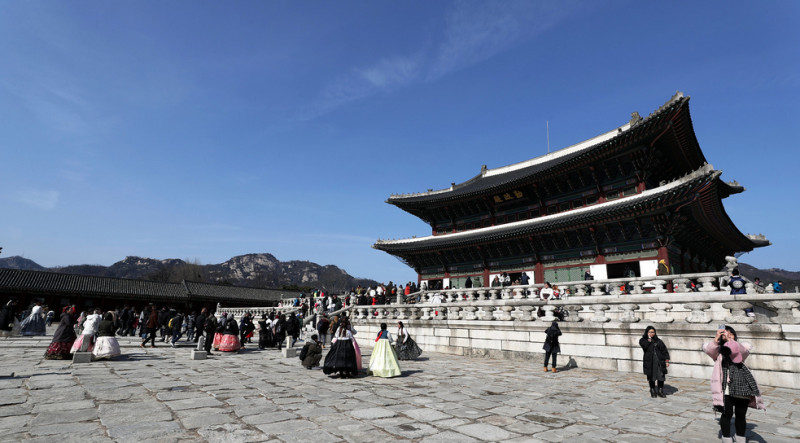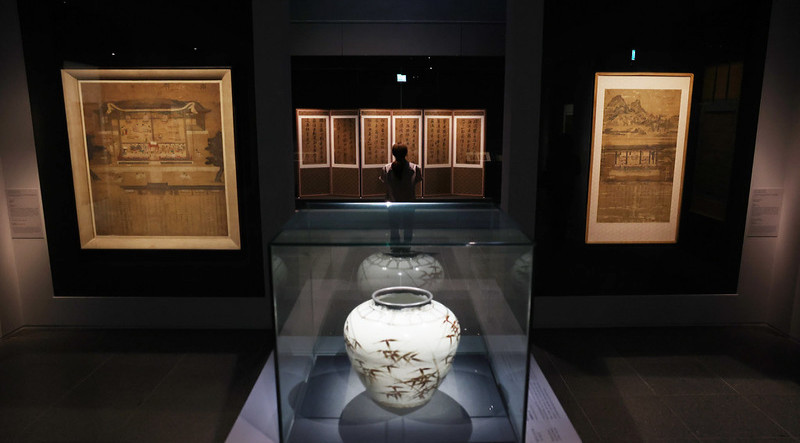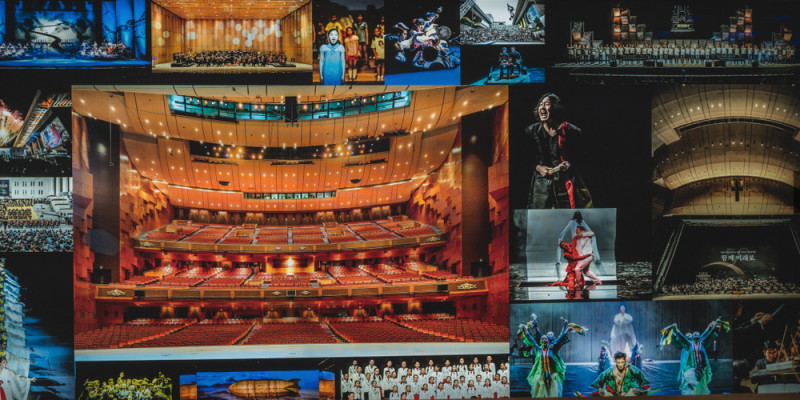Korea has long been recognized for its vibrant cultural landscape, which seamlessly blends ancient traditions with contemporary innovations. From its globally influential K-pop scene to its cutting-edge technological advancements, the country continues to captivate the world. However, beyond these well-known aspects, Korea also offers a rich array of cultural experiences that reflect its deep-rooted artistic spirit, seasonal beauty, and commitment to preserving its cultural heritage.
One of the most remarkable efforts undertaken by the Korean government to promote and protect its cultural legacy is the establishment of Culture Day, held on the last Wednesday of each month. This initiative, rare on a global scale, not only celebrates Korea’s diverse culture but also encourages citizens to engage with and enjoy cultural activities more frequently.

Officially designated under Article 12, Paragraph 2 of the Framework Act on Culture, Culture Day was launched by the Presidential Committee on Cultural Enrichment and the Ministry of Culture, Sports, and Tourism. The purpose of this program is to make cultural activities accessible to the public, offering them the opportunity to enjoy a wide range of cultural experiences at discounted or even free rates. The goal is simple: to transform cultural participation from a rare, special event into an integrated part of everyday life.
Since its inception, the scope of Culture Day has gradually expanded, responding to growing public demand. While the program originally focused on offering discounted or free access to movies, performances, and exhibitions, it now includes a broader spectrum of activities. Museums, art galleries, cultural heritage sites, libraries, and even sports events are now part of the initiative, ensuring that there are cultural experiences for every taste and interest.

On Culture Day, permanent exhibitions at national and public museums and galleries, as well as special exhibitions at major art institutions, are accessible to the public for free. Notable venues such as the National Museum of Korea, National Museum of Modern and Contemporary Art (MMCA), Seoul Museum of History, and the National Gugak Center all participate in offering free access. Even royal palaces like Gyeongbokgung, Changdeokgung, and Deoksugung, as well as significant cultural heritage sites like Jongmyo Shrine, open their doors to the public without charge.
In addition to museum and gallery visits, Culture Day offers discounted or free movie tickets, making it easier for citizens and visitors alike to enjoy a day at the cinema. The initiative also extends to performances at cultural venues such as the Sejong Center for the Performing Arts and the Korea National Opera, where special tickets and discounts are provided. These efforts are designed to ensure that cultural experiences are no longer seen as a luxury, but rather an accessible part of everyday life.

The creation of Culture Day reflects a broader societal shift in Korea’s approach to culture. In a fast-paced world where people often struggle to find time for leisure, the government’s initiative aims to make culture an integral part of daily life. By offering free or discounted access to cultural activities, Culture Day helps break down the barriers of cost and convenience that often prevent individuals from engaging with the arts. It allows everyone, regardless of their background or financial situation, to experience the richness of Korea’s cultural offerings.
Korea’s efforts to transform cultural engagement into a routine, accessible experience stand as a testament to the country’s dedication to both preserving and sharing its cultural legacy. The move from "culture for special occasions" to "everyday culture" is a significant achievement, one that not only enhances the quality of life for its citizens but also deepens their connection to the nation’s artistic heritage.

For those visiting Korea, or residents who are looking to immerse themselves in the country’s cultural offerings, Culture Day is an opportunity not to be missed. Whether you’re a local or a tourist, be sure to check the calendar for the last Wednesday of the month and take advantage of the various discounts and free experiences available. From museum exhibitions to live performances, Culture Day offers a unique chance to engage with Korea’s artistic and cultural traditions at little to no cost.
How about this article?
- Like14
- Support1
- Amazing0
- Sad0
- Curious0
- Insightful2


